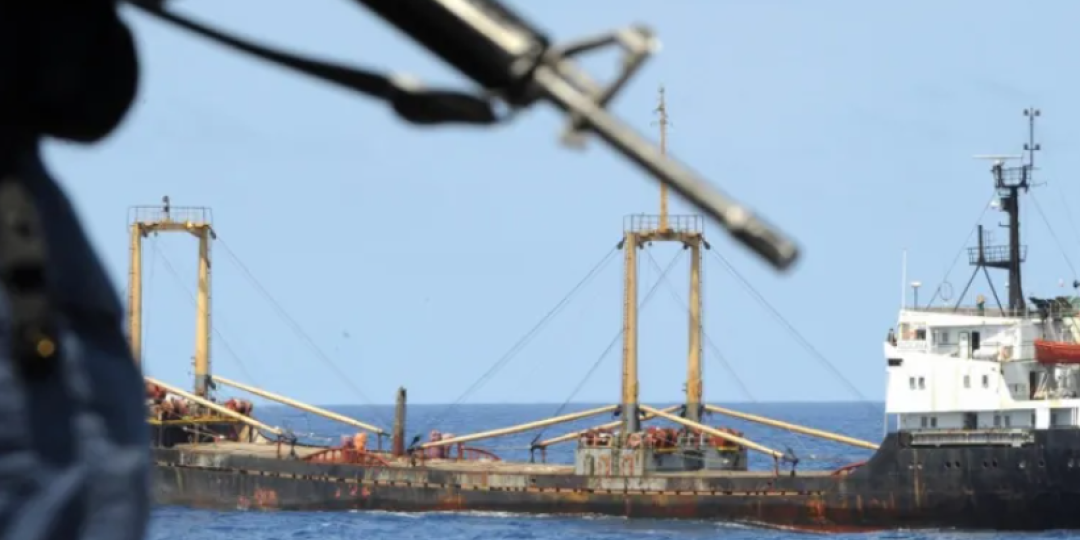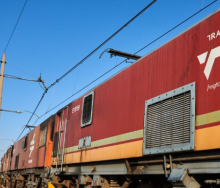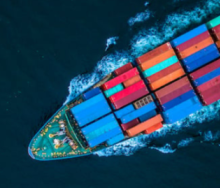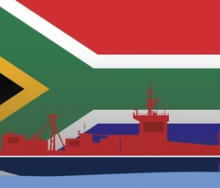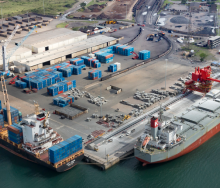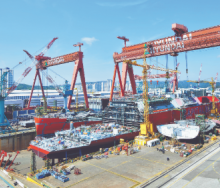Maritime tension continues to build around the Horn of Africa after Somaliland announced its withdrawal from Somalia’s federal system on the basis of not recognising recent constitutional amendments.
Somalia’s rift with the breakaway region, which has sought international recognition for more than three decades, is another headache for President Hassan Sheikh Mohamud to regain control over the northern part of the conflict-ridden country, The East African reports.
Apart from struggling to end an al Qaeda-linked insurgency, the government in Mogadishu is battling to put down a resurgence in piracy, which reached a peak with the March 12 hijacking at sea of a bulk cargo carrier about 1 110 kilometres east of the country’s capital.
The Bangladeshi vessel, the MV Abdullah, and its crew of 23 remain captured by pirates at the Port of Hobyo north of Mogadishu.
Somalia's escalating loss of sovereignty and rule of law were also exacerbated when Somaliland, which has been semi-autonomous since 1991, announced in February that it would grant Ethiopia access to the Port of Berbera.
Much further north, it has also been reported that a Russian navy frigate, the Marshal Shaposhnikov, is currently on a five-day visit to Eritrea’s Port of Massawa on the Red Sea.
It comes at a time of heightened Western naval presence in the Red Sea and Gulf of Aden because Houthi rebels from Yemen continue to attack commercial vessels in the vicinity of the Bab al-Mandab Strait, effectively choking off sea trade through the Suez Canal.
Because of the elevated risk of piracy and militia attacks off the coasts of Somalia and Eritrea respectively, maritime traffic is expected to continue avoiding the Suez Canal for the foreseeable future.
Maersk is one of the main container lines that has said all its vessels will be diverted around Africa instead of using the Red Sea and the Suez Canal, a detour of about ten days minimum.
